Slanted FlyingJournal of Tai Chi Chuan
Training
Tung Ying Chieh And His Words Of Experience
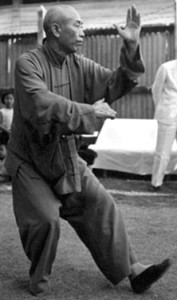
Tung Ying Chieh (1898-1961) was a well known master of the traditional Yang style of Tai Chi Chuan. He was a top student of the famous 3rd generation Yang Family Tai Chi Chuan master Yang Cheng Fu (1883–1936). Tung Ying Chieh trained with Yang Cheng Fu for more than 17 years, and assisted with Yang with teaching when he went on travels through China
Tung Ying Chieh wrote this essay on important points of the practice of Tai Chi Chuan. Although Tung was a master of the Yang style and the Wu/Hao styles of Tai Chi Chuan, this work is valuable to all students of Tai Chi Chuan no matter the style which they might practice.
This is one of several essays which Tung Ying Chieh wrote and included in his “Red Book”, on Tai Chi Chuan called “Tai Chi Chuan Explained”
Below is an excerpt from the book on the section called “Words of Experience”.
1. Tai Chi Chuan is an internal martial art exercise. Strength is produced in the bones. Power is reserved at the muscles. It does not require one to have tough skin or thick muscles, but sunken “chi” and strong bones are required. Therefore, learners have no suffering of broken bones and hurt muscles, and the tiredness of jumping, but just move naturally to find the potential of power of origin. It is an exercise to develop the your original power.
2. The three main points: spirit, intention, and posture (likeness of the movement’s names) have to be there.If the posture is correct, then the spirit and intention are there, and you will have good progression. Also, you will feel differently every day. Learners should try to feel the differences intentionally.
3. If the posture is not correct, then spirit and intention are not there. The result will be just like cooking an empty pot, even after many years of practice you will not be successful. There is a tease saying that ten years of Tai Chi Chuan practice is not as good as three years of kung fu. Therefore, for good Tai Chi Chuan practice: first you have to practice diligently; and secondly you need to have good understanding. Also, the result is dependent on your intelligence, but hard practice can help stupidity. So you should always encourage yourself to practice harder.
4. Breathing during practice – to breathe naturally. Do not force your breath deeply. After many times of practice, your Tai Chi Chuan will reach the natural point. By that time, the breath will be balanced automatically.
To see the rest of the 16 points, read the full article which was translated by Albert Tang. Follow this Link to the site of Little Mountain Tai Chi Club

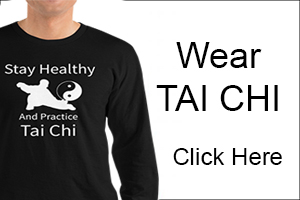

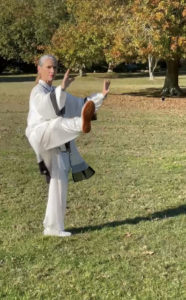
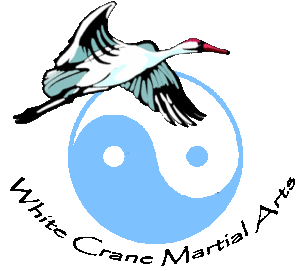
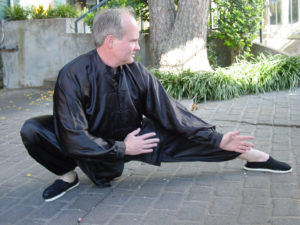
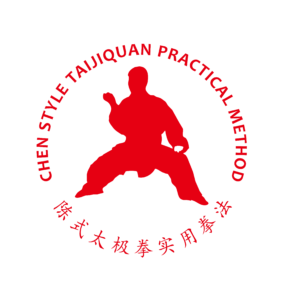
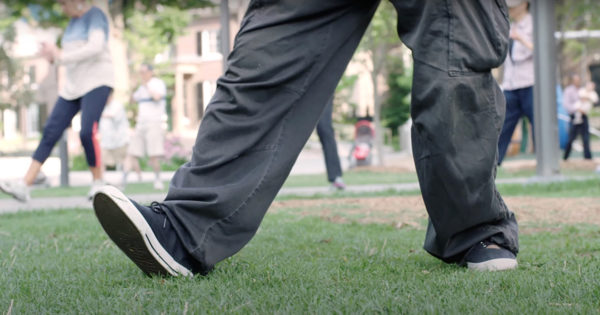
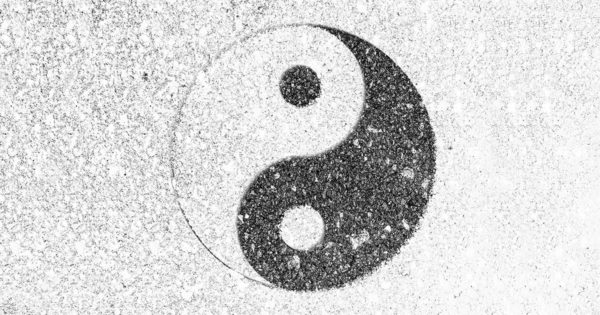

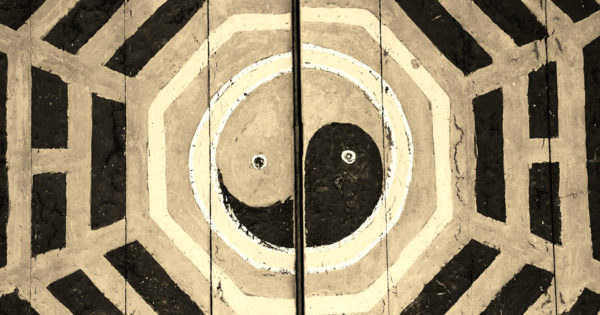
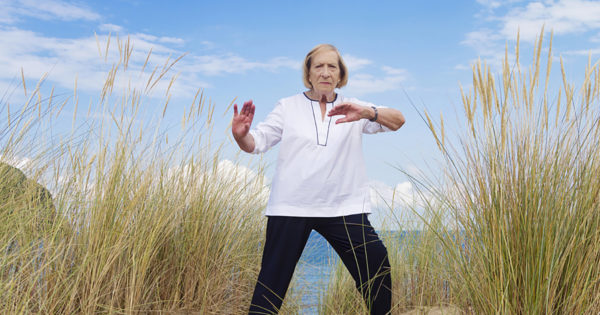
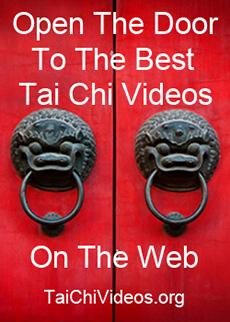

Nice philosophy. Trouble is, martial artist are like cooks. Put too many in one place and it'll spoil the dish. Bad habits developed early in training are carried through to old age and passed on blindly. New moves are added on for exhibition purposes, compromising combat effectiveness. Combat Tai Chi my friend, is a lost art which took me quite a while to figure out. And to improve its effectiveness and efficiently, one has had to try out its technique in freestyle combat which is not just one punch here or one kick over there. But as I've said, martial artist are like cooks, don't you think?
more…gives us more!
spoken like a person who really trains! How refreshing! Not many people around anymore that don't live in the make believe martial arts word.
Ok, strictly for self defence when your life is threatened only. 2 years after my intensive training, I asked my master, how do I apply my martial arts skills in combat? My master said: "The basic routines you've learned are set and dead but in a combat situation, your basic routine learned can be modified in a thousand different ways and is 10,000 as flexible in combat. (Mind you, we learned quite a number of routines)" and my master left it at that. Naturally, we all went huh?
After 30 years of study, how's this for an insight (my humble experience). There's only one way to punch. And that's with a fist. Normally, any martial artist will train their martial memory by throwing a punch at shoulder level. Of course there's hooks and other variation hence, a modified punch. But how does a thousand different ways with 10,000 flexibility applies? Therefore, assuming that one had trained one's punch to be lethal enough to crack a bone… and how many bones are there in a body? Furthermore, in a combat situation, what sort of body positions will you be in when you throw such punch, hence, a thousand different ways with 10,000 flexibility applies. My master did say, the more you practice, the easier it becomes.
We have a thinking brain in front of our skull and a fight/flight brain at the back. If one crosses the road and sees a truck coming or if one touches a burning log/rod unknowingly, our fight/flight brain reacts to save our life. Had our thinking brain took charge in those situation, we would be under a truck or our hands on fire before we decide to react rationally but not instantly. Combat situation is the same. If you practice enough, you tend to react to an unexpected blow from your opponent and respond to his or her technique before an attack. And as for combat taichi, the principle and techniques are different because it maximises one's strength efficiency as well as endurance during combat. For example, if you want to push a button in a stereo, you don't need to shit your pants doing so. And if you ask what does pushing a button in a stereo has got to do with taichi combat, then, try targeting the eye. That's why, you don't use any strength when practicing taichi. But remember, only use reasonable force if your life is in danger and no more. Hope this helps but feel free to share your experience too because I am still a student keen to learn. Thanks.
ultimately you are training the nerves,the nervous system,you do not think at this stage just react,the three internal essentials in internal martial arts are yi,chi and a calm mind.Good luck with your ongoing journey.I enjoyed your posts.Thank you
This is my tai chi lineage